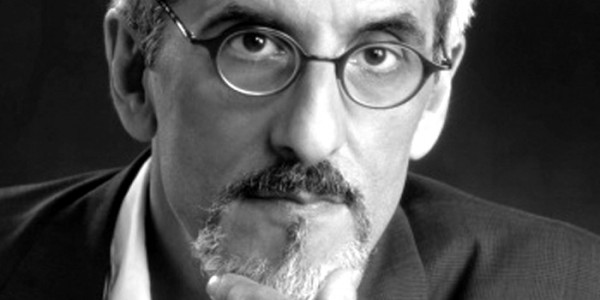We're having a slightly hard time getting our collective head around the Millennium Development Goals and their successors, the SDGs. For we're seeing people like David Rieff making what to us are the strangest arguments. To go back a bit, the MDGs were the idea that we could make the world a nicer place by getting a bit more development going on. More children vaccinated, shrink the number of people in poverty, spend a bit more in development aid to make that happen, things like that. And off everyone went and things have been pretty good really. Sure, not all of the targets were met, some of them (notably the poverty one) were met early and surpassed. The world is indeed a better place.
And the SPGs are an attempt to take this further.
And yet here's Rieff's argument, and we've seen it elsewhere. The MDGs were not achieved because one of them, the idea that every country should spend 0.7% of GDP on overseas official development aid, was nowhere near met. He's quite happy to agree that the poverty target was met, the vaccination one pretty close and so on. But there's that great gaping flaw in that the spending target wasn't reached.
And yet the true meaning of this story is that if we've reached all of the other goals, or near enough, without the spending, then it's not the spending that is an important goal, is it? And thus it doesn't matter whether that target is met nor whether we have a similar target for the future.
What we've actually proven is the counterparty to Angus Deaton's observations about development aid. He thinks that such aid can delay development but allowing government not to do the few things that government must do. And here we've found that development can happen without that development aid. Thus, perhaps, we can forget about eh development aid and just carry on with what we know works?
You know, Madsen Pirie's insistence that the way that you beat poverty is by buying things made by poor people in poor countries?


